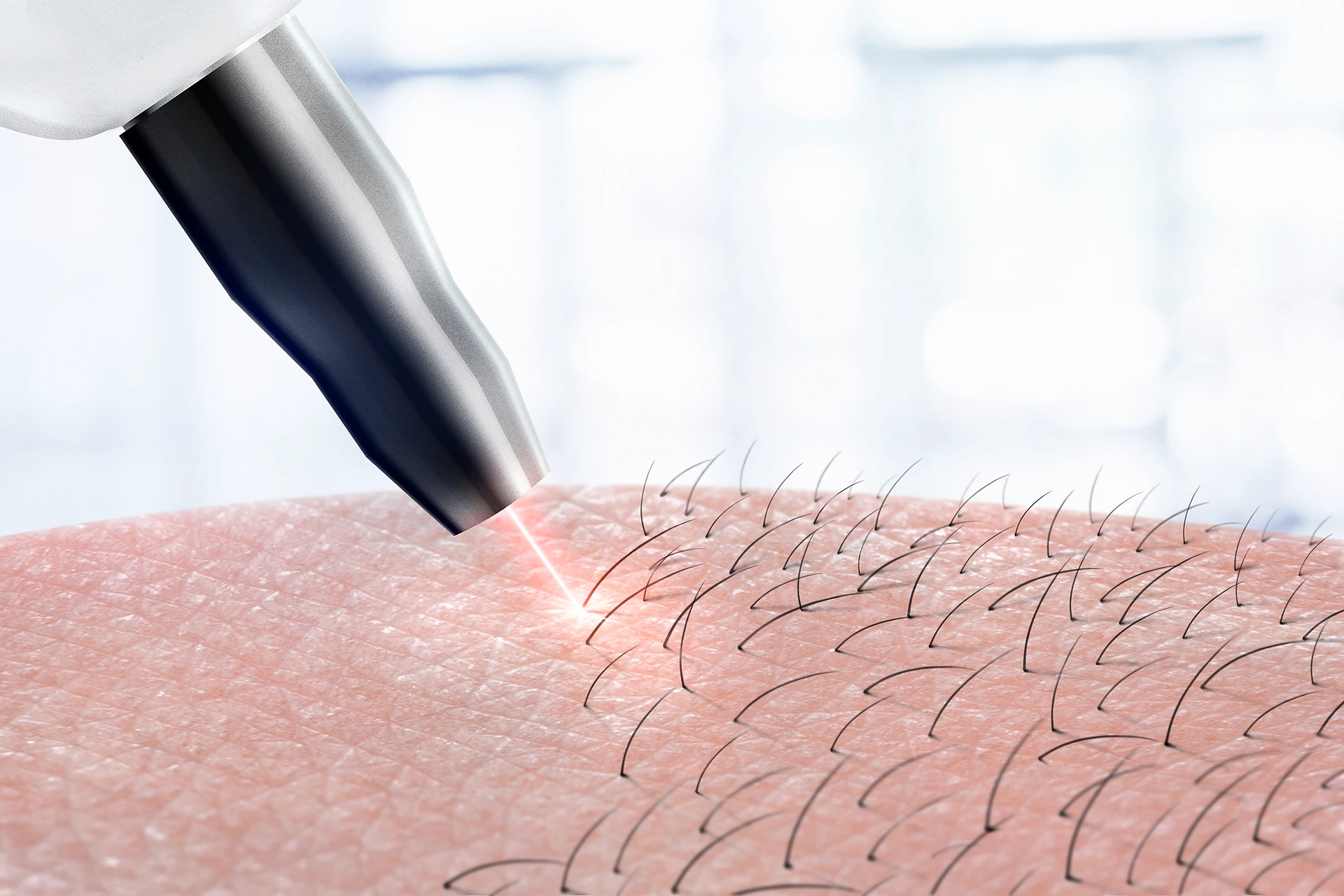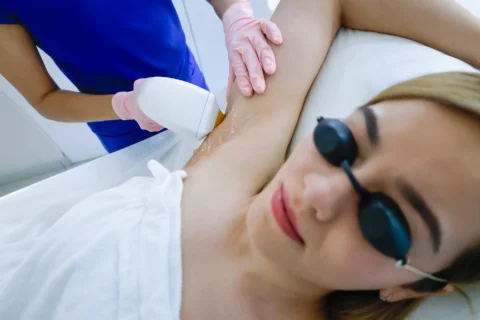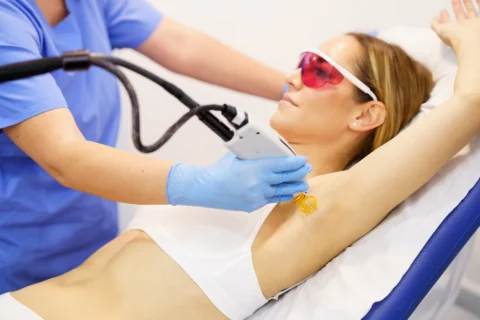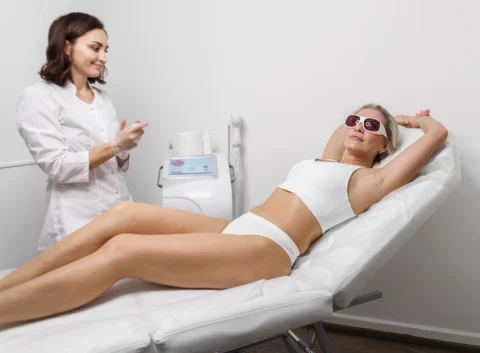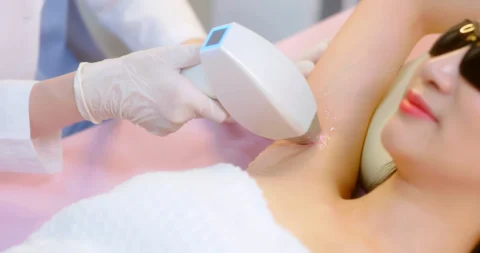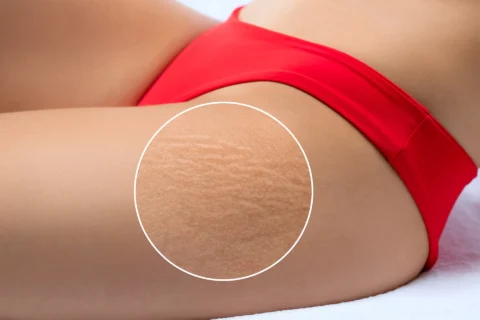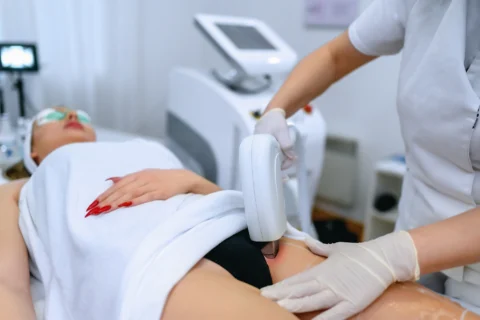Busting Myths: The Truth Behind Laser Hair Removal and Ingrown Hair
Facing the mirror with frustration over razor bumps and the painful pokes of ingrown hairs is a daily reality for many. But what if the solution isn’t found in the endless blades and wax strips, but in the gentle hum of a laser?
Laser hair removal has become a popular choice for long-term hair reduction due to its advanced technology and precise techniques. However, many people are hesitant because they believe laser treatments can cause problematic ingrown hairs.
Is there truth to this potential side effect, or is it just a misconception?
Dr. Hardik Soni of Ethos Aesthetics + Wellness demystifies laser hair removal, addressing the myth and highlighting its benefits in preventing ingrown hairs. Let’s uncover the truth with expert insights.
What Are Ingrown Hairs and What Causes Them?
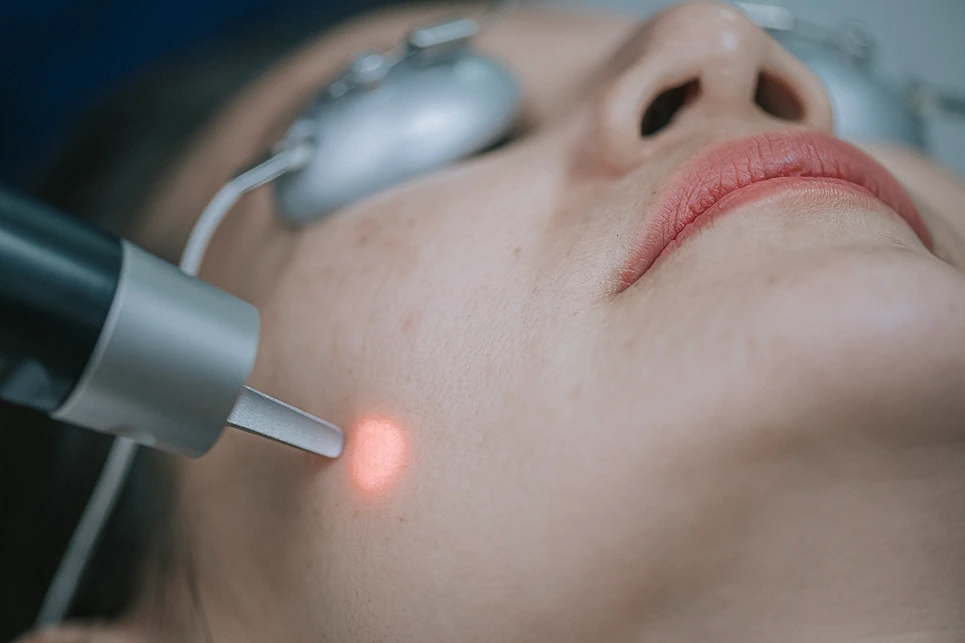
Ingrown hairs happen when a hair curls back into the skin, leading to red, bump-like irritation.
Dr. Hardik Soni from Ethos Aesthetics + Wellness points out that shaving and waxing often cause these ingrown hairs by cutting the hair at a sharp angle, which encourages it to grow inward. Tight clothing can worsen the issue by pressing against the skin and increasing friction.
Genetics also influence who gets ingrown hairs, with those having curly or coarse hair being more susceptible. This is because their hair naturally tends to curl back into the skin, especially if their hair follicles are curved.
The Precision Process of Laser Hair Removal
To understand the relationship between laser hair removal and ingrown hairs, it’s important to know how the treatment works. Dr. Soni describes the process:
“The laser precisely targets melanin in the hair follicle. The absorbed light heats and ultimately destroys the follicle stem cells responsible for hair growth. The treatment disables hair regeneration long term by cutting off its source.
With each successive session, fewer follicles remain capable of producing hair. Dr. Soni emphasizes the precision involved, “The laser light penetrates deeply to disable the follicle while avoiding damage to surrounding tissue.”
This selectivity means properly performed laser hair removal doesn’t traumatize the skin in ways that would cause ingrown hairs.
Laser Hair Removal Does Not Cause Ingrowns – It Helps Prevent Them
A review of studies and expert opinions indicates that laser hair removal is less likely to result in ingrown hairs. In fact, it’s quite the opposite.
“The major benefit of laser treatments is that they permanently destroy hair follicles when performed correctly,” says Dr. Soni. “With the number of actively growing hairs reduced, your risk of developing ingrown hairs decreases.”
Fewer hairs mean less irritation from shaving or waxing. For individuals prone to ingrown hairs, laser hair removal can provide lasting relief by addressing the problem at its root.
Post-Treatment Bumps Are Temporary Side Effects, Not Ingrowns
Inflammation and small bumps can arise following laser hair removal sessions. However, these are not true ingrown hairs.
As Dr. Soni clarifies, “It’s part of the natural shedding process as treated follicles release the disabled hairs.” The body pushes these hairs to the surface, which can cause some redness and swelling – temporarily resembling ingrown hairs.
Exfoliating and shaving can assist the shedding. Most irritation resolves within days, especially following the recommended skin care. Significant ingrown hairs won’t develop from properly performed laser treatments.
Repeated Treatments Yield Long-Term Ingrown Hair Reduction
While a single session provides some hair reduction, optimal results require multiple treatments. “On average, six sessions are needed to achieve up to 90% permanent hair loss in treated areas,” advises Dr. Soni.
With each successive round of laser hair removal, hair density and thickness diminish. Dr. Soni says, “Over time, laser can convert coarse, dense hair into fine, sparse hair growth.”
This steady decline in hair production translates to a marked drop in ingrown hairs. Maintenance sessions sustain these gains long-term by disabling any remaining hair follicles.
Choosing the Right Laser Hair Removal Provider
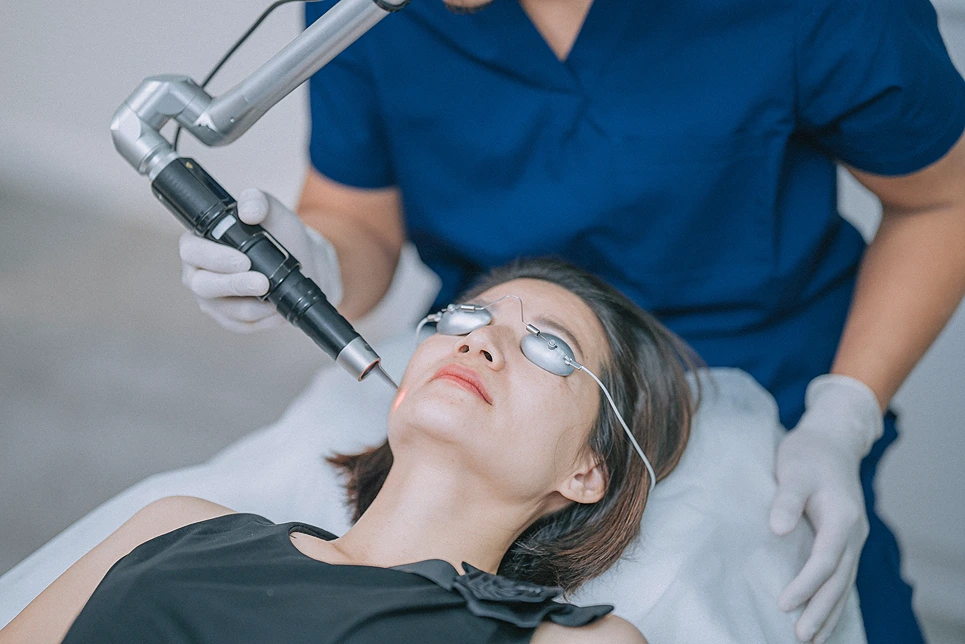
As with any cosmetic treatment, the provider you choose impacts your laser hair removal results and safety. “It’s critical to select an experienced clinic with the proper laser technology and training,” emphasizes Dr. Soni.
At Ethos Aesthetics + Wellness, Dr. Soni oversees each patient’s treatment plan: “We personalize parameters to safely achieve optimal hair reduction with minimal side effects. Our laser technicians have extensive hands-on training.”
By choosing the right provider, you can remove unwanted hair through laser treatments and say goodbye to ingrown hairs. Dr. Soni concludes, “Performing laser hair removal properly not only avoids causing ingrown hairs but actively reduces and prevents them.”
Evaluating Your Ingrown Hair Risk With Laser Treatments
While laser hair removal itself doesn’t cause ingrown hairs, your risk depends on certain factors. As Dr. Soni advises, “Clients should receive a comprehensive consultation before starting laser treatments to determine if they are good candidates.”
Elements that may increase the potential for ingrown hairs include:
- Hair Texture – Coarse, curly hair is more prone to becoming ingrown when growing back. Laser works best on thicker, darker hair. Make sure to point out any areas of coarse hair to your provider.
- Hormones – Hormonal fluctuations in women can impact hair growth patterns in undesirable ways. Discuss any concerns about hormonal hair growth with your provider.
- Medications – Certain medications like steroids can exacerbate hair growth issues. Inform your provider of any medications you are taking.
- Genetic Predisposition – A tendency to get ingrown hairs often runs in families. Let your provider know if it’s an ongoing problem for you.
Dr. Soni notes, “Even those prone to ingrown hairs can achieve great laser hair removal results with proper preparation and care.”
Optimizing Treatments When Prone to Ingrown Hairs
For those susceptible to ingrown hairs, Dr. Soni recommends:
- Carefully shaving rather than waxing/plucking between sessions
- Gently exfoliating and moisturizing skin before and after treatments
- Using products containing alpha hydroxy acids or salicylic acid to prevent ingrown hairs
- Avoiding tight clothing over treated areas as they heal
- Reporting any ingrown hairs at follow-up appointments to adjust treatment plans
Dr. Soni explains, “We tailor the treatment protocols and aftercare based on your unique hair growth patterns and skin to minimize irritation.” With a customized approach, even those prone to ingrowns can achieve smooth, stubble-free skin.
Why Ingrown Hairs Shouldn’t Deter You From Laser Hair Removal
While the myth that laser leads to ingrown hairs persists in some consumer circles, current research dismantles this misconception. Studies continue to demonstrate laser’s effectiveness and safety for permanent hair reduction.
As Dr. Soni summarizes, “The risk of ingrown hairs is not a compelling reason to avoid laser hair removal. If anything, it’s a great reason to consider laser, especially for chronic ingrown hair sufferers looking for definitive relief.”
Of course, finding an expert technician you trust is the secret to success. By working collaboratively with your chosen provider, you can achieve the smooth, hair-free skin you desire through laser hair removal.
The Takeaway
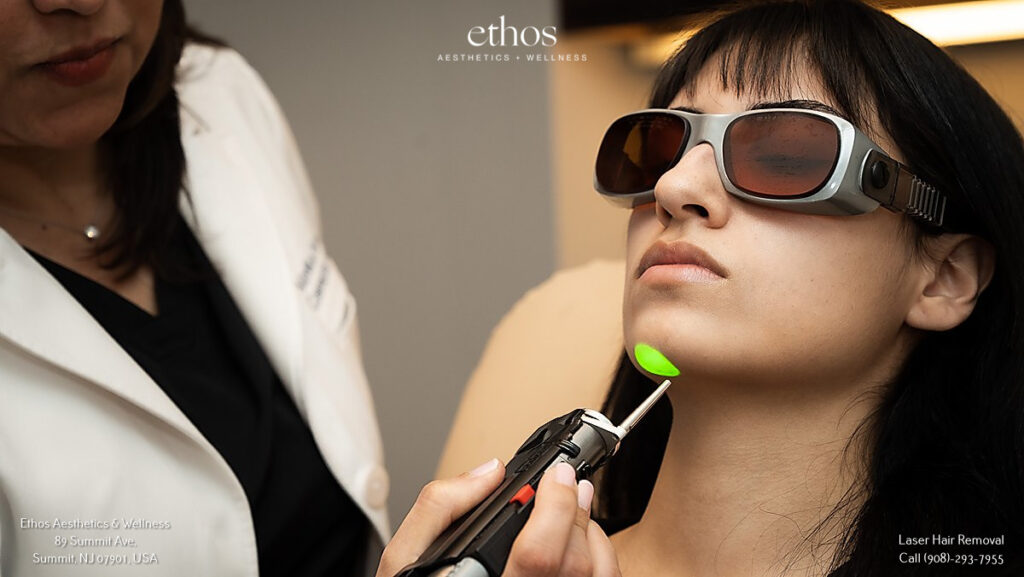
Ingrown hairs arise when the sharpened tip of the hair grows back into the skin, causing inflammation and bumps. Shaving, waxing, friction, and genetics can contribute.
The laser targets hair follicles with precision, heating them to disable hair regeneration long-term without causing damage to surrounding tissue.
Contrary to misconceptions, studies and experts agree that properly performed laser hair removal doesn’t cause ingrown hairs. Minor irritation can occur as disabled hairs shed but isn’t the same as ingrown hairs.
Over successive treatments, laser hair removal reduces hair density and thickness, lowering the risk of ingrown hair in the long run. Choosing an experienced, reputable provider is key to safe, effective laser hair removal and minimizing side effects.

